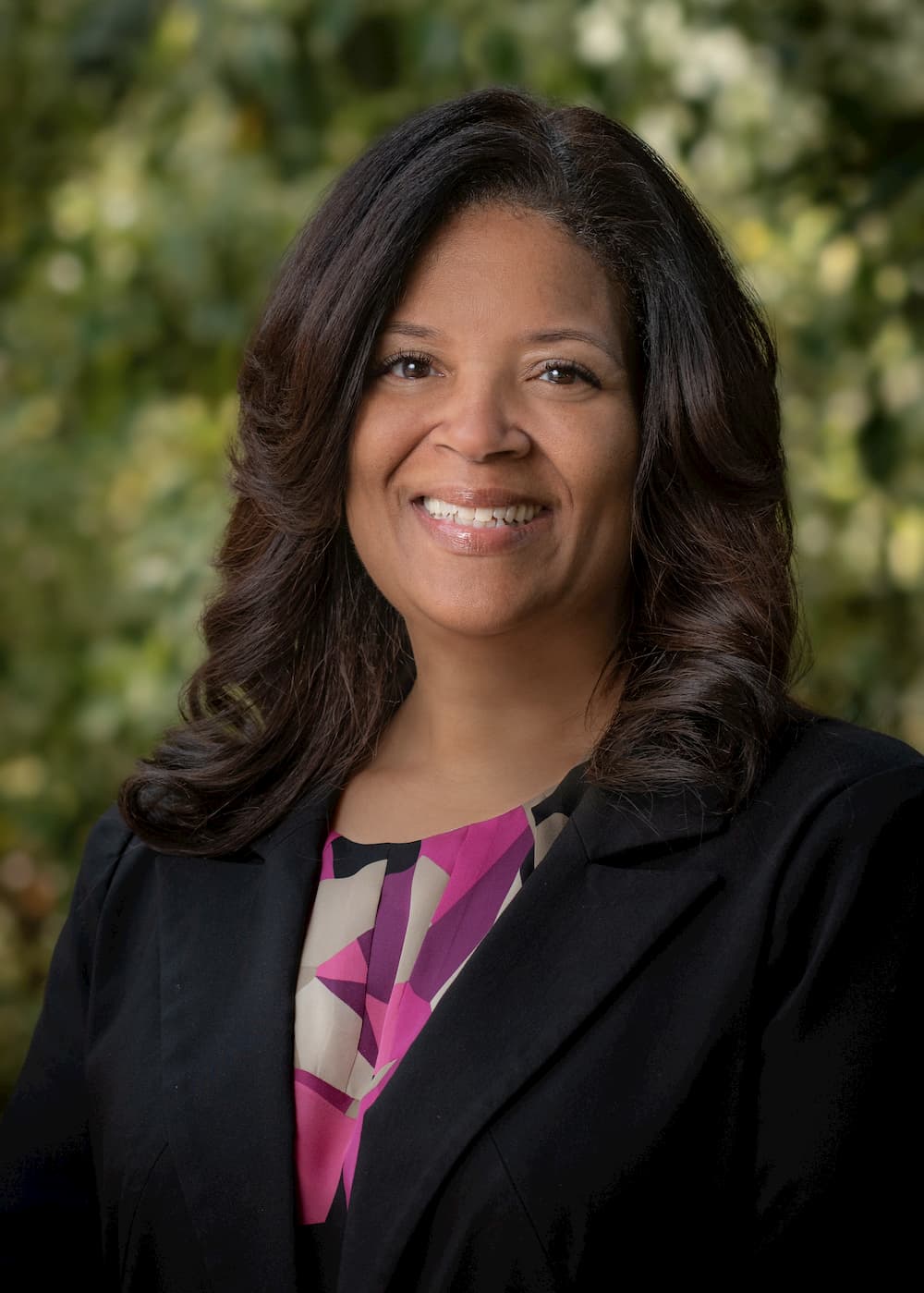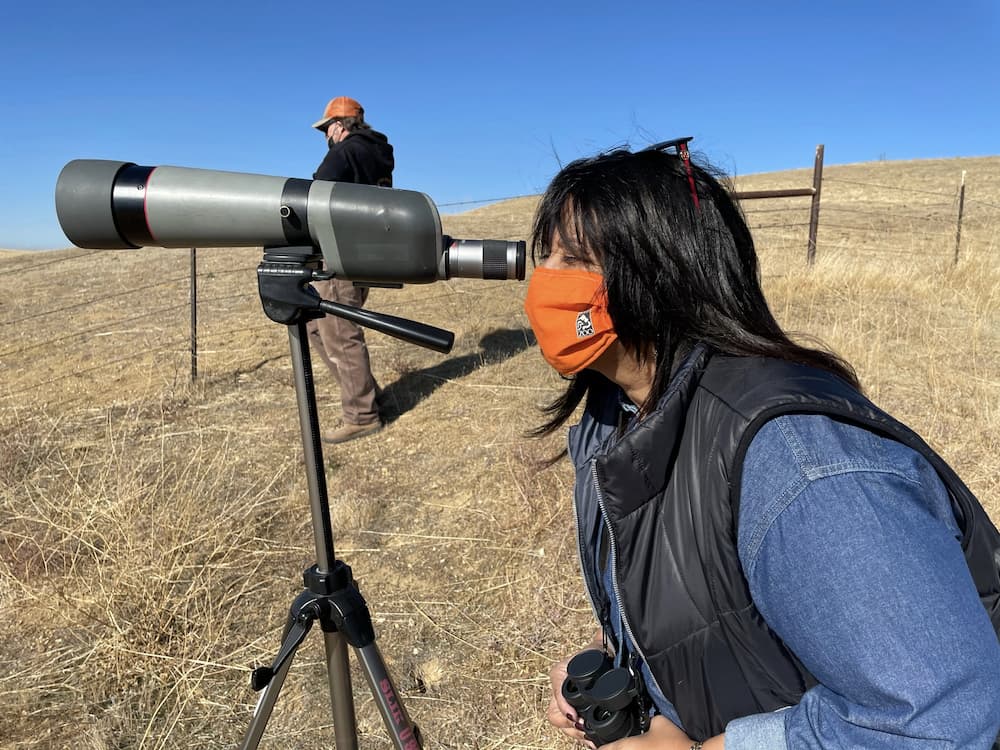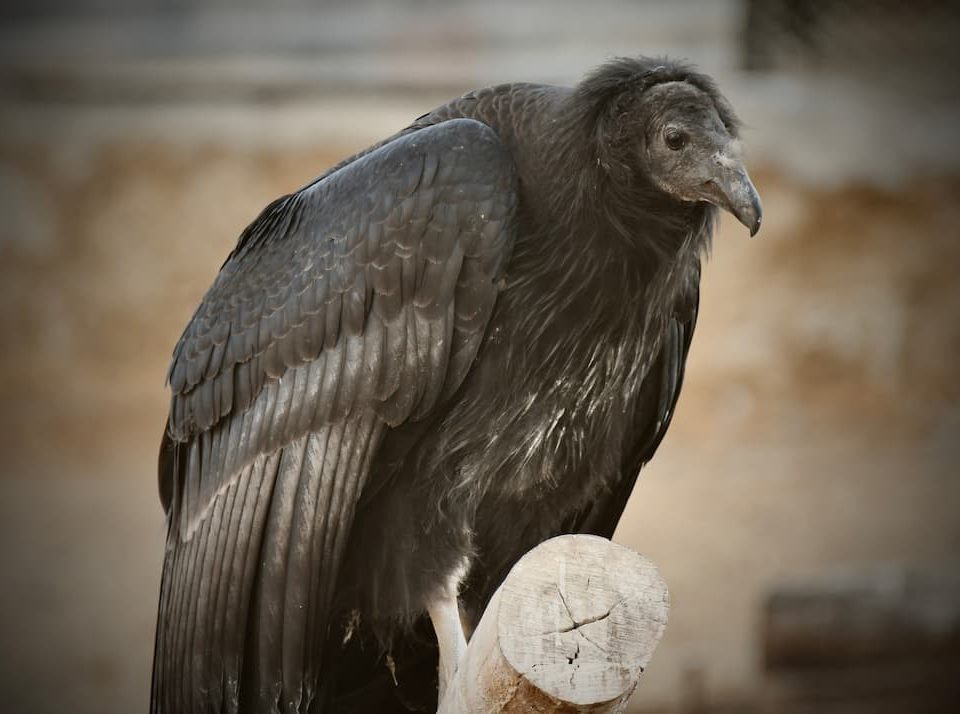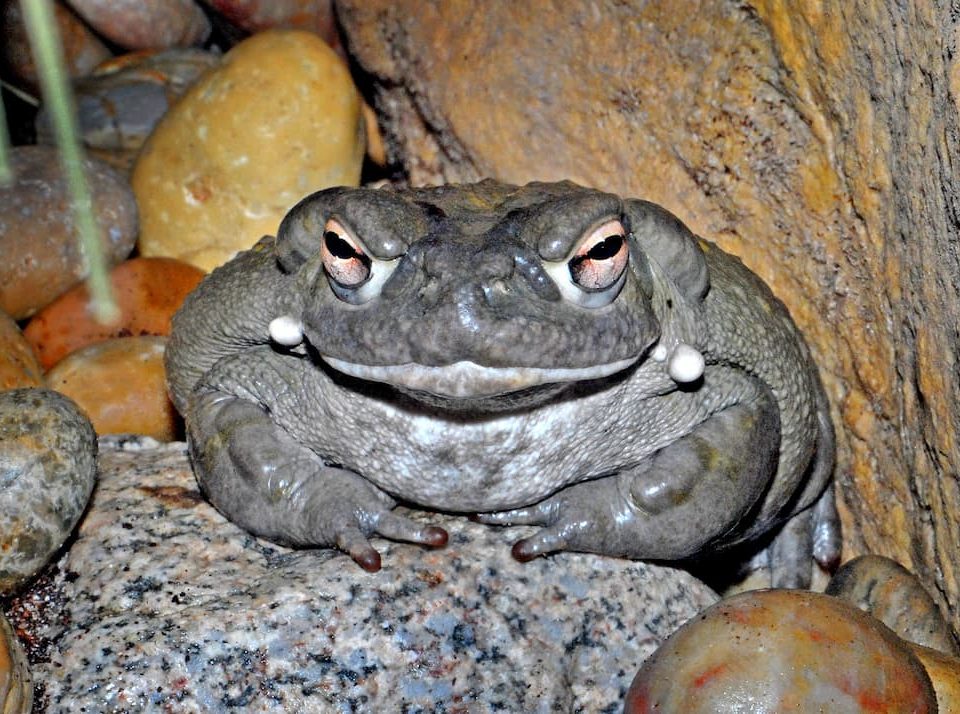Zoo Update with Denise Verret

The Tenacious Trio: Three Condor Chicks Beat the Odds
February 1, 2021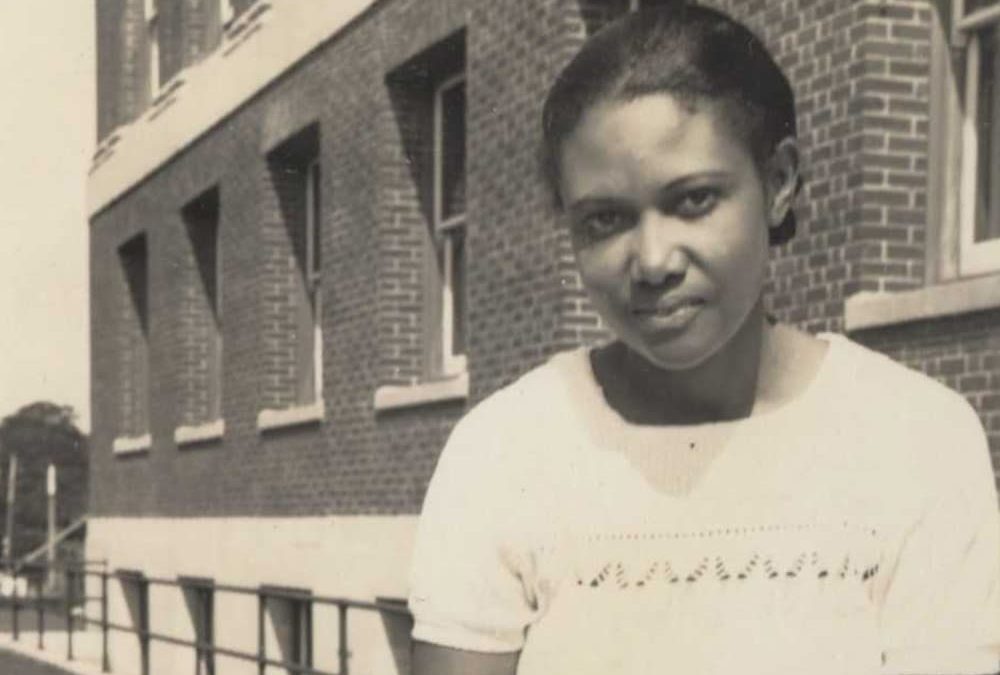
Dr. Roger Arliner Young was the first African American woman to receive a doctorate in zoology. Credit: Marine Biological Laboratory Archives
As we celebrate Black History Month, I can’t help but feel the importance and absolute necessity of honoring African American heroes during this pivotal time in our history. It is not lost on me that the last 12 months have reopened existing wounds, brought harsh realities to a broader light, and continued difficult, deeper conversations on what it means to be Black in America. As a Black woman leading an AZA-accredited zoo, I am challenged every day to find a better path for inclusivity, justice, and equity—something that has been specifically lacking in the zoological and wildlife conservation field. As I celebrate this month and all of the brave and intelligent African American trailblazers who have made significant impacts in our lives, I have a woman on my mind from whom I gain strength and to whom I would like to pay homage: Dr. Roger Arliner Young. Dr. Young triumphed over adversity to become a pioneering woman of color in the field of science, and we are not talking about her or her impact enough. I would like to share her story with all of you.
Dr. Young, the first African American woman to ever receive a doctorate in zoology, earned her Ph.D. from the University of Pennsylvania in 1940. Dr. Young was an assistant professor of zoology at Howard University and was elected to Sigma Xi, an honor society for biosciences. She spent summers conducting research at the Marine Biological Laboratory in Woods Hole, Massachusetts, where she made a significant contribution to the study of structures that control salt concentration in paramecia. Later, she published several notable studies on the effects of direct and indirect radiation on sea urchin eggs. Dr. Young was the first Black woman to conduct and publish research in her field. Over her decorated life, she was a trailblazing researcher and social activist. In her long career, she encountered numerous obstacles because of her sex, race, and class. However, her legacy is one that is not widely known nor discussed as groundbreaking.
History has shown that significant contributions of African Americans, especially women of color, often go unnoticed unless Hollywood decides to make movies about them. I’ve often said that my appointment as the CEO and zoo director of the Los Angeles Zoo expands minority representation in the science field. If I am the first, it means I will not be the last. I feel a responsibility to not only continue to shed light on pioneering women like Dr. Young, but to also help pave the way for future children of color who may not feel they have a place in STEM careers. There is a seat at the table for all of us.
At a time where there was zero representation of, or support for, excellence in women—let alone women of color—Dr. Young broke new ground in scientific research. I hope to use my time as a leader of a wildlife conservation center to create positive change for the future and mentor the next generation of diverse conservationists. This February let us think of Dr. Roger Arliner Young. Let us hope that each day forward is a positive step towards a diverse, inclusive, just, and equal space for all people.


